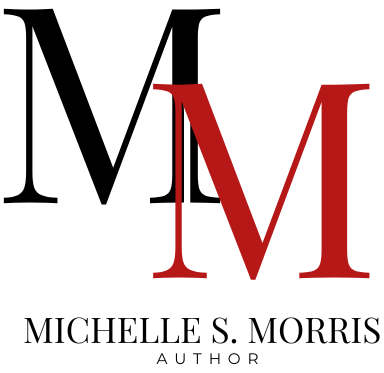There’s something tender and terrifying about starting over.
You think you know what it means to rebuild yourself, you’ve read the quotes, seen the films, maybe even given a friend the pep talk. But then life hands you the rubble, and suddenly those neat, tidy aphorisms feel like nothing at all.
This was what kept running through my mind as I read Michelle Morris’s Comes Around. I wasn’t expecting to see myself in Halley McCarthy, not in her high-powered San Francisco career, or her fractured relationship with her biker-club father, or her cautious, quiet return to the small Michigan town she swore she’d never set foot in again. But somewhere between the pages, I found her sadness sitting close to my own.
Halley isn’t falling apart in the cinematic way we’ve been taught to romanticize. She’s not throwing wine glasses against walls or making impulsive speeches in the rain. Her undoing is quieter than that. A hollowing out. A woman who has lost her job, her fiancé, and, maybe most of all, her confidence in her own instincts.
It’s the kind of failure that feels personal. That leaves you wondering if you were ever truly the person you thought you were.
And yet, in her reluctant way, Halley begins again. She does the unglamorous work of cleaning out old closets, facing old family wounds, and trying, awkwardly, sometimes angrily, to belong in a place that remembers her as both daughter and stranger.
It wasn’t just how strong Halley was that impressed me; it was how messy it was. We think of reinvention as brave, straightforward, and like a phoenix rising from the ashes. But real change often looks like Halley’s life. Slow. Weird. A lot of bad days and some hope.
I kept thinking about how hard it is to rebuild your life without knowing who’s going to show up to help hold the beams steady. Halley doesn’t really trust her family to catch her, at least not at first. Her father, Irish, is a man of few words and iron principles. Her stepmother, Priss, is prickly and perfect. Her half-siblings are a mix of open-hearted and guarded. Yet even in their fumbling, sometimes fractious way, they show her she doesn’t have to do it alone.
Morris writes these dynamics with such tenderness. There’s no sweeping speech that fixes everything. No single argument that clears the air. Instead, there are small gestures, a plate of food left out, a quiet ride on the back of a Harley, a child’s hand reaching for Halley’s at the dinner table. And slowly, you start to see how healing doesn’t have to roar to be real.
The feeling that danger was always just around the corner in Halley’s world also stuck with me. The past won’t let her get away without a fight. Someone is always watching her, and there is a sense of danger in her life. But that subplot feels more like a metaphor than a plot point: our mistakes and heartbreaks don’t just go away when we leave. They catch up. And sometimes, the only way to move forward is to face them.
In the end, I thought less about Halley’s mistakes and more about how brave she was. It’s not easy to choose to try and live when it would be easier to give up. There’s no award for showing up at the family dinner, or for learning to trust your own instincts again. But that’s the kind of courage I believe in. The unremarkable, everyday kind.
When I finally closed the book and looked around my dimly lit room, I thought about all the times I’ve started over. The long, awkward middles before things felt steady again. The people who stayed. The parts of me I had to leave behind.
Comes Around doesn’t tell you it’s easy. It doesn’t say you’ll get it right the first time. But it does remind you that even when you feel lost and the road seems to go on forever, there is a version of you up ahead that is waiting for you to find them.
And maybe that’s enough to keep going.


